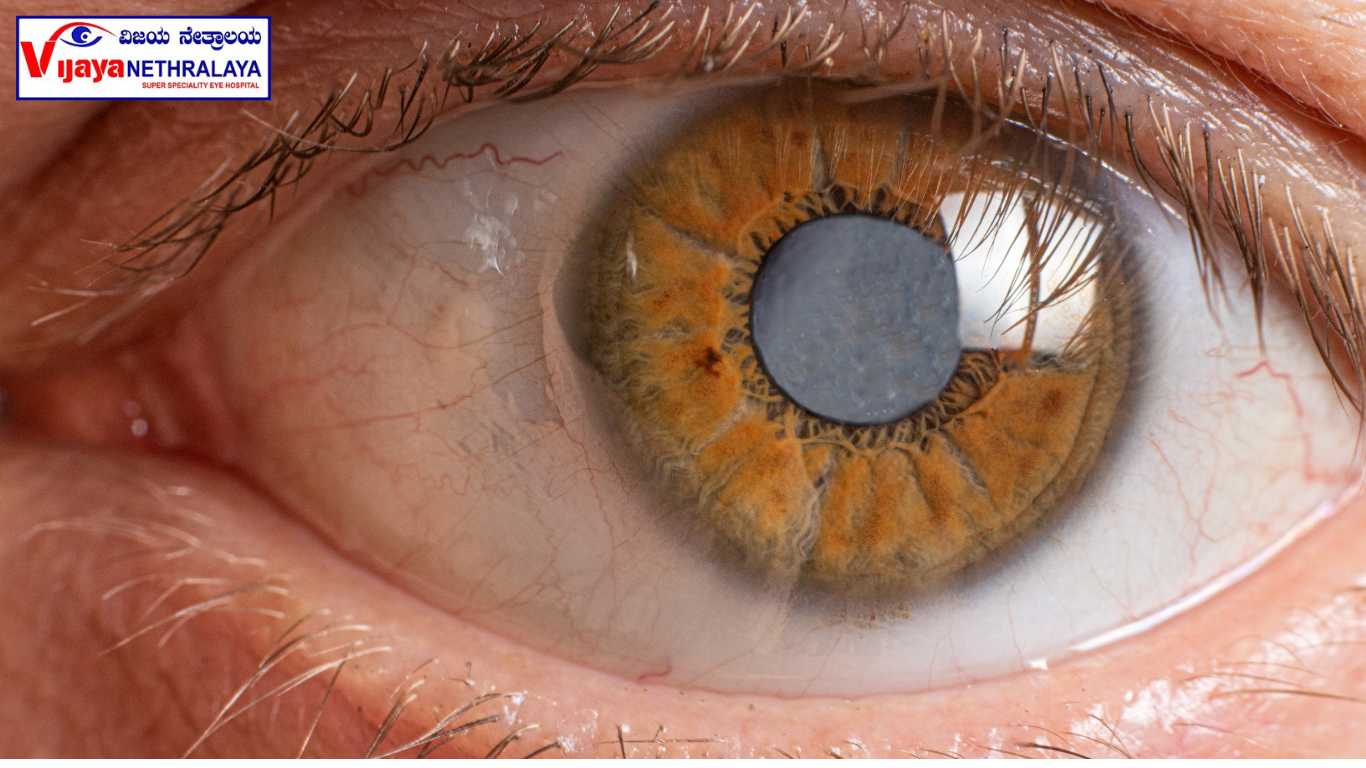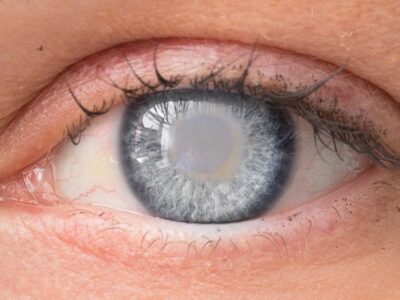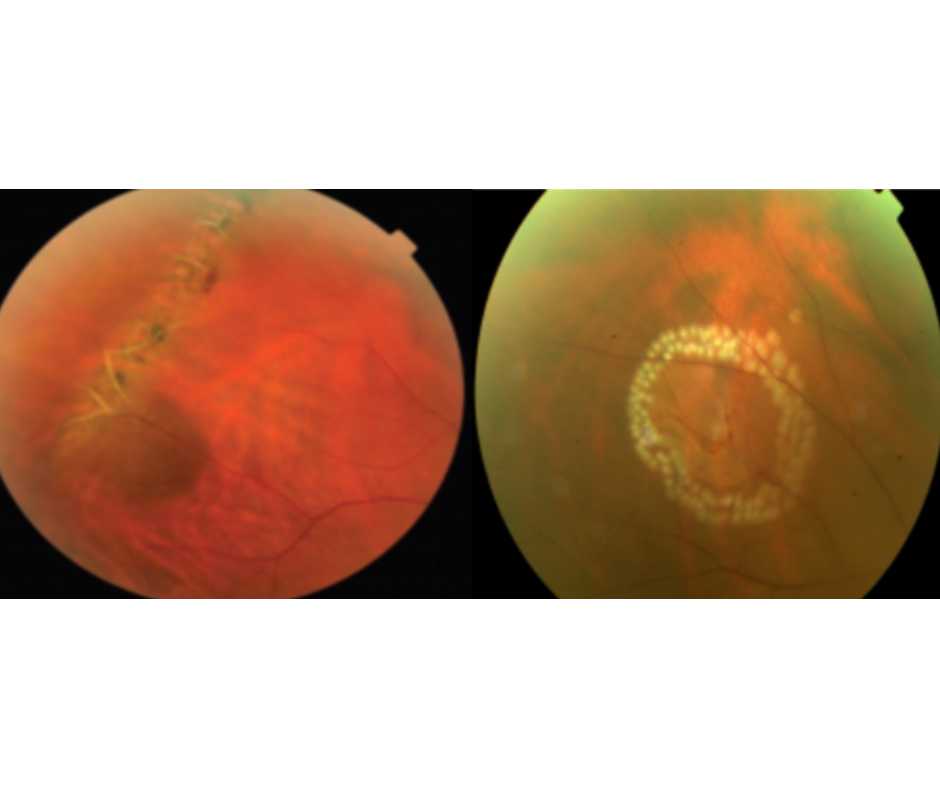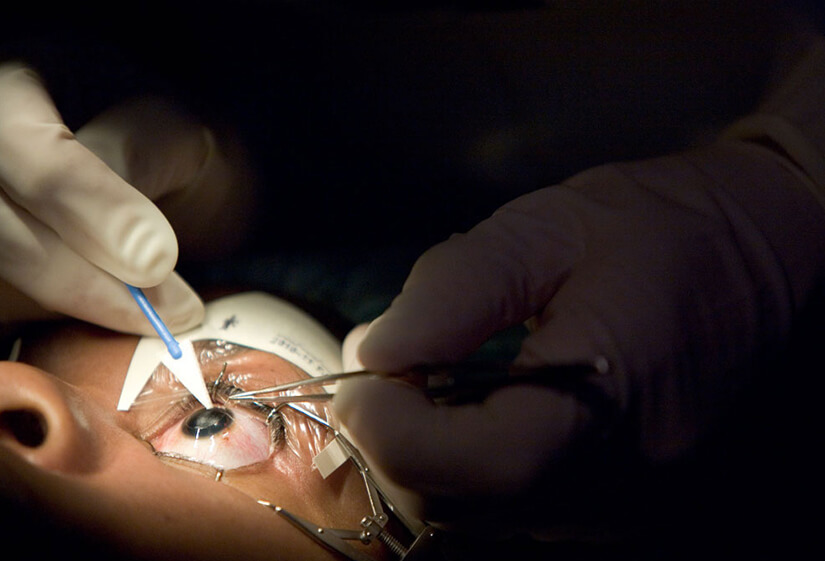Introduction:
Cataracts, the clouding of the eye’s natural lens, can significantly impair one’s vision over time. Fortunately, cataract surgery offers a ray of hope, promising a brighter and clearer world. However, the road to optimal vision doesn’t end in the operating room. This article will guide you through the intricate journey of cataract surgery recovery, addressing key aspects to ensure a smooth and successful healing process.
Understanding cataract surgery recovery time:
Before delving into the recovery phase, let’s briefly explore what cataract surgery entails.
The Surgery Process:
Cataract surgery is a common and relatively straightforward procedure. It involves the removal of the clouded lens and its replacement with an artificial intraocular lens (IOL). The surgery typically takes less than 30 minutes and is performed on an outpatient basis.
Preparing for Surgery:
Preparation is key to a successful surgery. Your ophthalmologist will provide instructions on fasting, medication, and what to expect during the procedure. Following these guidelines is crucial to ensure a smooth operation.
The Day of Surgery:
On the day of surgery, you’ll need to arrive at the clinic or hospital a few hours before the procedure. The medical team will administer anesthesia to ensure your comfort during the surgery. Anesthesia for cataract surgery will numb your eye so that you do not feel it during the procedure. It’s in the form of eye drops or a needle-based block most of the time.
Post-Surgery Expectations:
Once the surgery is complete, you’ll be taken to a recovery area for monitoring. Most patients experience improved vision almost immediately, but full recovery takes time.
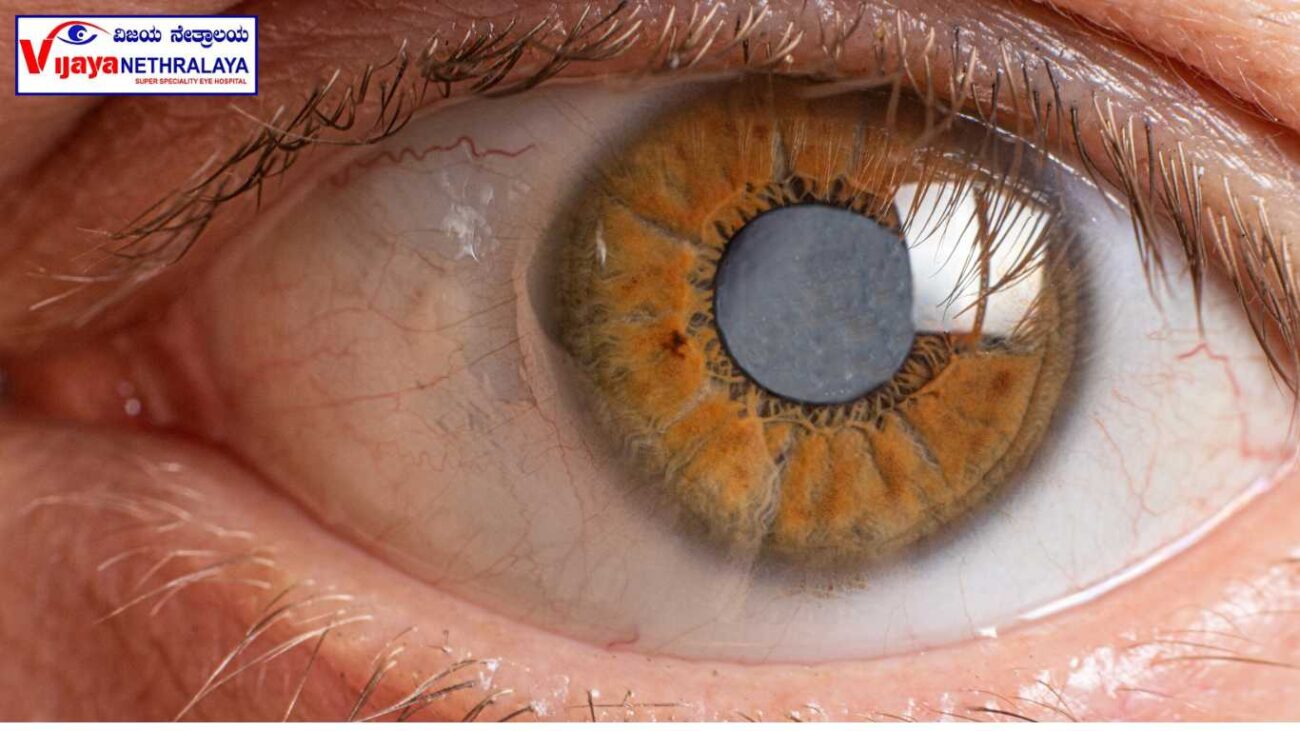
cataract surgery recovery time: What to Expect:
Now, let’s focus on the recovery process itself and what you can anticipate during this critical phase.
Immediate Recovery:
Immediately after surgery, your eye may be covered with a protective shield. You’ll need someone to drive you home as your vision will likely be blurry. Rest is essential during this initial phase.
Medication and Eye Drops:
Your surgeon will prescribe medication and eye drops to prevent infection and inflammation. It’s vital to follow the prescribed regimen meticulously to aid in the healing process.
Vision Improvement:
As days pass, you’ll notice a gradual improvement in your vision. However, it’s common to experience some blurriness and fluctuations in vision during this stage.
Follow-up Appointments:
Regular follow-up appointments with your ophthalmologist are critical. They will monitor your progress and address any concerns that may arise.
Tips for a Speedy Recovery:
Here are some essential tips to ensure a smooth and speedy recovery after cataract surgery.
Rest and Relaxation:
Rest is your best friend during this time. Avoid strenuous activities, and give your eyes the rest they need. Avoid smoking, smoking will increase your risk of infection and other complications. It may also prolong your healing process and recovery.
Protect Your Eyes:
Protect your eyes from bright light by wearing sunglasses when you’re outdoors. This helps protect your healing eyes from UV rays. Exposure to water can put your eyes at risk of infection until your eye has healed from surgery. Your surgeon will explain when it is safe to begin bathing, swimming, or using a hot tub.
Hydration and Nutrition:
Stay hydrated and maintain a balanced diet rich in vitamins and antioxidants. Proper nutrition supports the healing process.
Avoid Rubbing Your Eyes:
Resist the urge to rub your eyes, as this can lead to complications. Use prescribed eye drops instead.
Conclusion:
Cataract surgery recovery is a crucial phase on your journey to better vision. By following your surgeon’s instructions, maintaining good eye hygiene, and being patient, you can expect to enjoy improved vision and a higher quality of life.
FAQs:
Q1: How long does it take to recover fully from cataract surgery?
Recovery times vary, but most patients achieve optimal results within a few weeks.
Q2: Are there any restrictions on activities during the recovery period?
Yes, it’s important to avoid strenuous activities, swimming, and dusty environments for a specified period.
Q3: Is cataract surgery painful?
Cataract surgery is typically painless, as patients are under anesthesia. Discomfort in the days following surgery is common but manageable with prescribed medication.
Q4: Can I drive immediately after cataract surgery?
No, it’s advisable to have someone drive you home after the procedure, as your vision will be blurry.
Q5: Is cataract surgery covered by insurance?
In most cases, cataract surgery is covered by insurance, but it’s essential to check with your provider to confirm coverage details.

